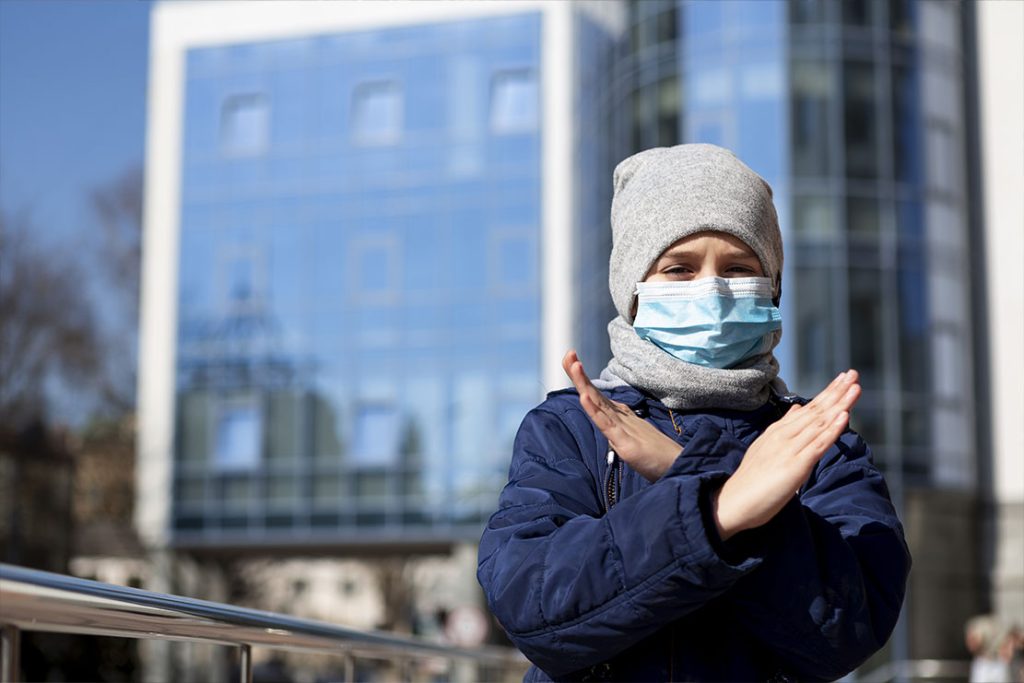
(Legal representation is always provided in cooperation with licensed attorneys in each country. This information is for guidance only and does not constitute legal advice.)
Asylum or humanitarian protection may be granted to individuals who can demonstrate persecution or a well-founded fear of persecution based on:
The process generally involves filing an application, providing supporting evidence, attending an interview, and undergoing an assessment of credibility.

Applications for asylum can be filed in two ways:
The main form is I-589, which must usually be filed within one year of arrival. Applicants may request work authorization after 150 days of pending application, with issuance possible after 180 days.
If the claim is denied, appeals may be filed with the Board of Immigration Appeals.


The EU has a Common European Asylum System, and responsibility for examining an application is determined by the Dublin Regulation (usually the country of first entry or one with family or visa ties).
In Greece, the procedure includes initial registration, an interview with the Asylum Service, and a first-instance decision. If denied, an appeal may be filed before the Appeals Authority.
Recognized refugees and beneficiaries of subsidiary protection are issued residence permits, with rights to healthcare, work, and education.
Asylum (refugee claims) can be filed at a port of entry or inland, and cases are heard by the Immigration and Refugee Board of Canada (IRB).
Applicants must complete the Basis of Claim (BOC) form within 15 days of referral. The Safe Third Country Agreement with the U.S. limits border applications unless specific exceptions apply (such as family connections).
Denied claims can be appealed to the Refugee Appeal Division, subject to eligibility.


The primary option is the Protection Visa Subclass 866, available to individuals already in Australia with a valid entry visa who demonstrate persecution or risk of serious harm.
Other humanitarian and temporary protection visas may apply depending on the applicant’s circumstances.
The process includes submission of an application, interview, and assessment of evidence. Rejected applicants may seek merits review or judicial review.
All countries provide options for appeals or judicial review, but deadlines are strict and vary. Prompt action and a clear legal strategy are critical to success.
WhatsApp us